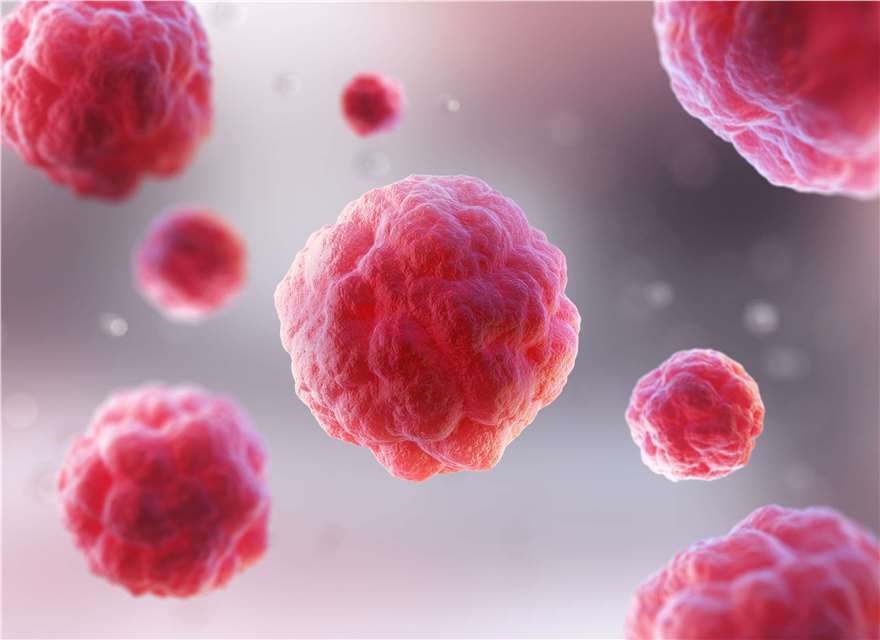Featured Products
Our Promise to You
Guaranteed product quality, expert customer support

Human Adult Stem Cells
Adult stem cells, also known as tissue-specific or somatic stem cells, exist throughout the body from the time an embryo develops. These cells are in a non-specific state, but they are more specialized than embryonic stem cells. They remain in this state until the body needs them for a specific purpose.

Adult stem cells can divide or self-renew indefinitely. This means they can generate various cell types from the originating organ or even regenerate the original organ, entirely. However, stem cells can be difficult to find. They can stay non-dividing and non-specific for years until the body summons them to repair or grow new tissue. This division and regeneration are how a skin wound heals, or how an organ such as the liver, for example, can repair itself after damage.
Efforts are underway to stimulate these adult stem cells to regenerate missing cells within damaged tissues. This approach will use the existing tissue organization and molecules to stimulate and guide the adult stem cells to correctly regenerate only the necessary cell types. Alternatively, the adult stem cells can be isolated from the tissue and grown outside of the body, in cultures. This would allow the cells to be easily manipulated, although they are often relatively rare and difficult to grow in culture.
Because the isolation of adult stem cells does not result in the destruction of human life, research involving adult stem cells does not raise any of the ethical issues associated with research utilizing human embryonic stem cells. Thus, research involving adult stem cells has the potential for therapies that will heal disease and ease suffering, which is a major focus of Creative Bioarray's stem cell research. Our scientists are working to understand how to grow large amounts of adult stem cells, which have the potential to grow into 200+ cell types in cell culture.
Description: Human Neuronal Dopamine Progenitor Stem Cells (Plated cells are also available)....
Description: Human Neuronal Progenitor Stem Cell (Plated cells are also available). 120 Population...
Description: Human Neuronal Stem Cells (Cortex Derived) (Plated cells are also available). 120...
Description: Human Neuronal Stem Cells (Hippocampus Derived) (Plated cells are also available)...
Description: Human Neuronal Stem Cell (Hypothalamic) (Plated cells are also available). 120 Population...
Description: Human Neuronal Stem Cell (Ventricle Derived) (Plated cells are also available). 120...
Description: Human Neuronal transdifferentiated from Human Cord Blood derived Stem Cell (Plated...
Description: Human Pancreatic Stem Cell (Plated cells are also available). 120 Population doublings...
Description: Human Retinal Stem Cell (Plated cells are also available). 120 Population doublings...
Description: Human Stem Cell (Cord Blood Derived) (Plated cells are also available). 120 Population...
Description: Human Superior Mesenteric Plexus Neuronal Stem Cell (Plated cells are also available)...
Description: The QualiCell® Human Amniotic Membrane Stem Cell -XLC438L was derived from Human...
Description: Creative Bioarray's HHSC-CD34+ provide an ideal culture model for the study of hematopoiesis...
Description: Dental Follicle Stem Cells is an ectomesenchymal tissue surrounding the enamel organ...
Description: Dental Follicle Stem Cells is an ectomesenchymal tissue surrounding the enamel organ...
Description: Fetal liver CD36+ Early Erythroid Progenitor cells are derived from FL-CD34+ cells...
Description: Dental Pulp Stem Cells were primarily derived from the pulp tissues of exfoliated...
Description: Dental Pulp Stem Cells were primarily derived from the pulp tissues of exfoliated...

